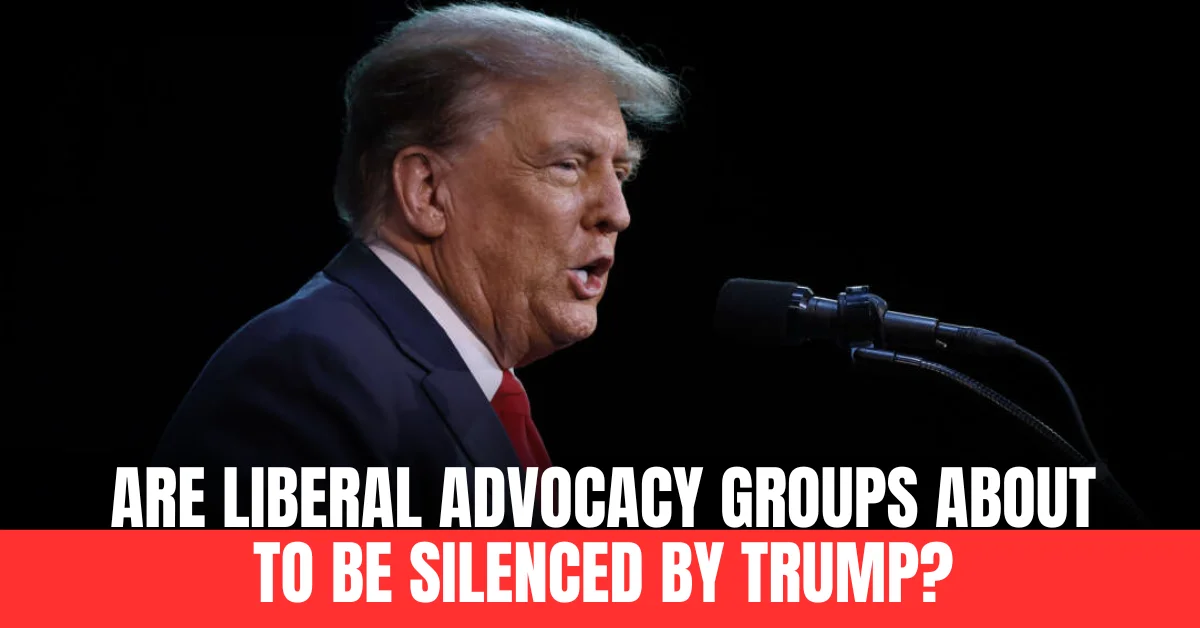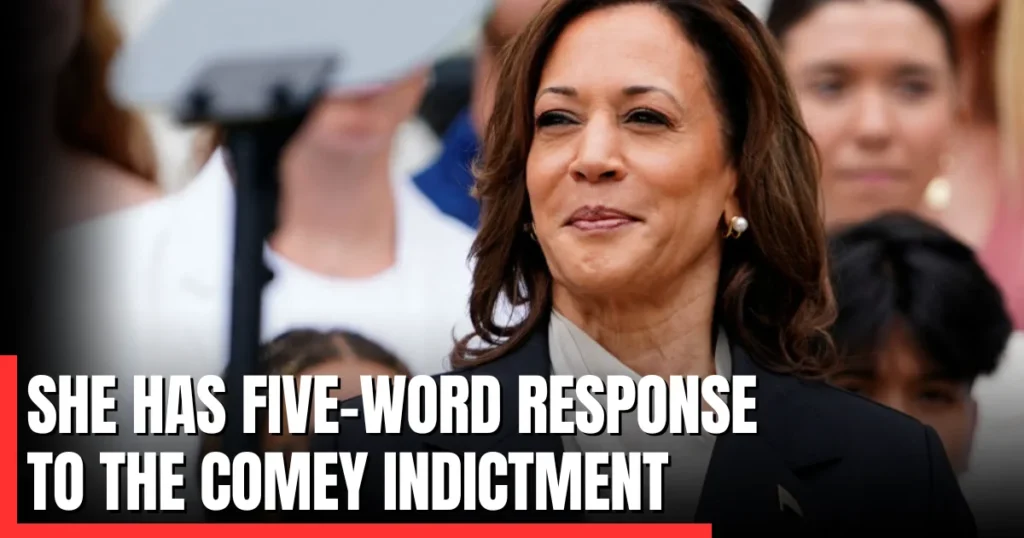Nonprofits prepare legal, financial, and security defenses as Trump targets advocacy groups. Here’s how they plan to fight back.
Table of Contents
Liberal Advocacy Groups Gird for Trump Attacks — And Make Plans to Fight Back
Introduction
As President Donald Trump ramps up scrutiny of political nonprofits, liberal advocacy groups are adopting new legal, financial, and cybersecurity safeguards. From revising their internal communications policies to restructuring operations, these organizations are preparing for a wave of government crackdowns. The question many in the nonprofit sector are asking: How can they continue their mission under mounting political pressure?
Nonprofits Move to Strengthen Security
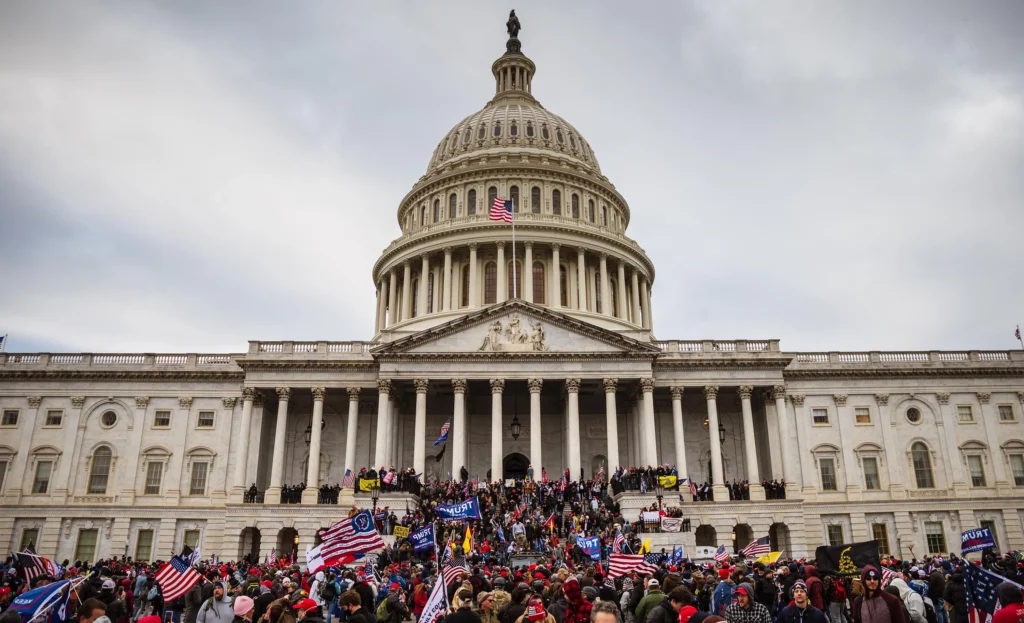
Liberal advocacy organizations are no longer treating routine operations as business as usual.
- Internal chat messages now auto-delete within seven days to reduce subpoena risks.
- Philanthropic foundations are reviewing legal structures, shifting parts of their work from nonprofit to corporate arms.
- Cybersecurity measures, such as employee training and social media monitoring, are being scaled up to prevent harassment and hacking.
Jess O’Connell of the Democratic Security Project noted that over 8,000 staff members across 1,200 organizations have received training in risk mitigation.
Trump’s Expanding Government Oversight
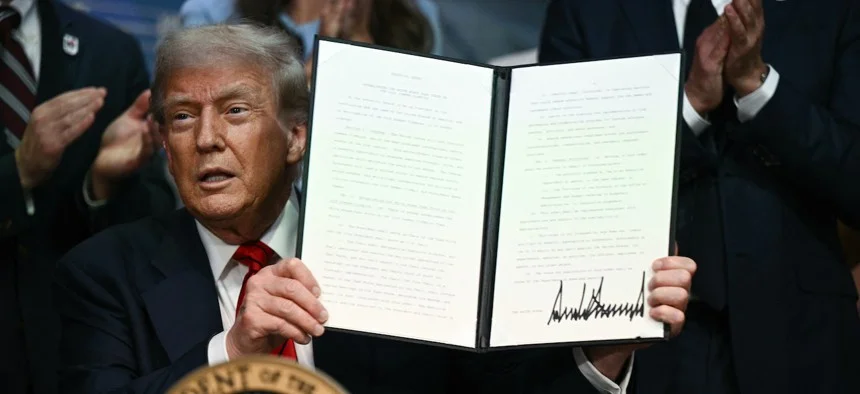
The Trump administration has signaled that it may deploy federal agencies to investigate and weaken liberal nonprofits.
Heightened Investigations and Legal Pressure
- Trump recently signed a memorandum calling for increased probes of groups accused of “left-wing terrorism.”
- Former FBI Director James Comey faced charges following Trump’s pressure campaign, raising concerns about selective justice.
- Wealthy donors such as George Soros and his Open Society Foundations are being singled out for possible racketeering probes.
This has left many nonprofits fearful of losing their tax-exempt status, facing audits, or being subject to politically motivated investigations.
A Chaotic Environment for Advocacy
Akilah Watkins, who leads Independent Sector, characterized the current climate as both unsettling and chaotic.
- Some nonprofits are removing references to racial or gender equity from public-facing materials to avoid political retaliation.
- Over 7,000 nonprofit representatives recently joined a private call to discuss strategies for responding to Trump’s executive orders.
For many leaders, the adversarial climate represents an unprecedented shift in how the sector interacts with the federal government.
Building a United Front Against Political Attacks
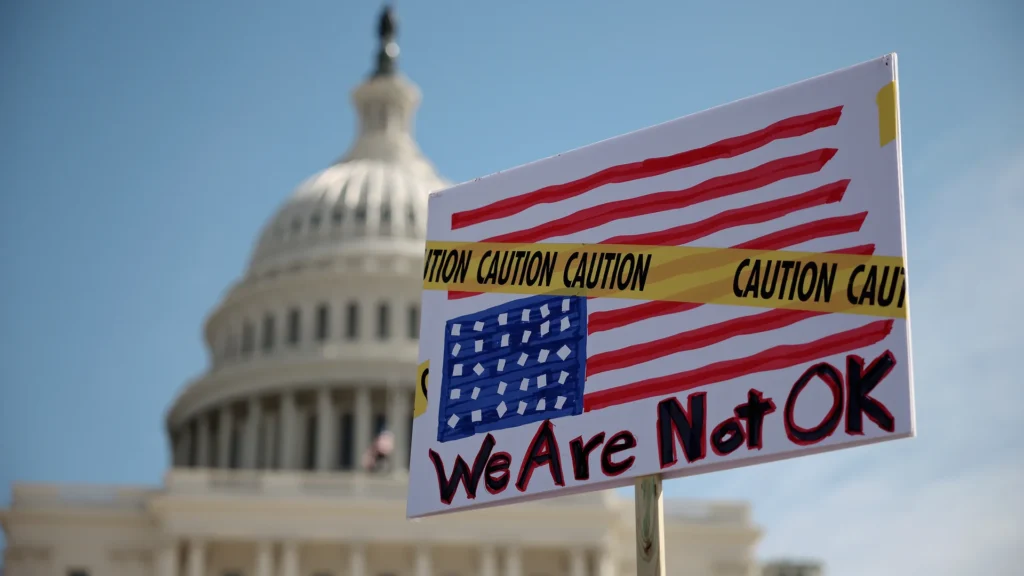
Solidarity Across the Sector
Despite fears of retaliation, liberal groups are not retreating. Instead, they are organizing public campaigns to push back.
- 3,700+ organizations signed a petition denouncing Trump’s targeting of nonprofits.
- More than 2,100 rallies and protests are planned for a nationwide “No Kings” Day of Action.
- The Democracy Forward initiative is offering free legal support to nonprofits under attack.
The Soros Effect
The Soros family remains at the center of Trump’s ire. Yet Open Society Foundations, which has invested over $23 billion globally, insists it will continue supporting causes tied to democracy, equity, and human rights.
George Soros’s son, Alex Soros, has now taken the chairmanship, signaling continuity even amid heightened political attacks.
What This Means for Nonprofits and Philanthropy
For nonprofit leaders, this climate presents a dual challenge:
- Protecting mission-critical operations from legal and financial disruption.
- Maintaining public trust while navigating heightened political risk.
Key Takeaways for Advocacy Groups
- Strengthen cybersecurity and risk protocols.
- Consider diversified funding structures (corporate + nonprofit arms).
- Engage in coalition building to avoid isolation.
- Prioritize legal preparedness against IRS or DOJ investigations.
FAQs
Q1: Why are liberal advocacy groups increasing cybersecurity measures?
A1: To protect staff communications and prevent sensitive data from being subpoenaed or hacked during government investigations.
Q2: Can the Trump administration revoke nonprofit tax-exempt status?
A2: While legally complex, political pressure could trigger IRS reviews, forcing groups to restructure or register as corporate entities.
Q3: How is George Soros connected to this issue?
A3: Soros, through Open Society Foundations, funds many liberal causes, making him a frequent target of Trump’s rhetoric and policy actions.
Q4: What does the “No Kings” Day movement represent?
A4: A nationwide protest organized by progressive groups to oppose government overreach and defend nonprofit freedoms.
Q5: How are advocacy groups legally defending themselves?
A5: Organizations like Democracy Forward are offering free legal services, while coalitions of nonprofits are filing petitions and open letters.
Conclusion
The clash between the Trump administration and liberal advocacy groups highlights the fragile balance between politics, philanthropy, and democracy. While threats loom large, nonprofits are adapting — through legal safeguards, cybersecurity investments, and solidarity campaigns.
👉 As this story evolves, it’s clear one theme will define the future: organized resilience matters.
